7 Free GPS Navigation transparent PNG images
Welcome to our GPS Navigation image collection, featuring over 7 free AI-generated images. Explore a diverse array of stock photos, 3D objects, vectors, and illustrations related to GPS and navigation technology. Enjoy high-resolution downloads and use our 'open in editor' feature to customize prompts for your perfect image.
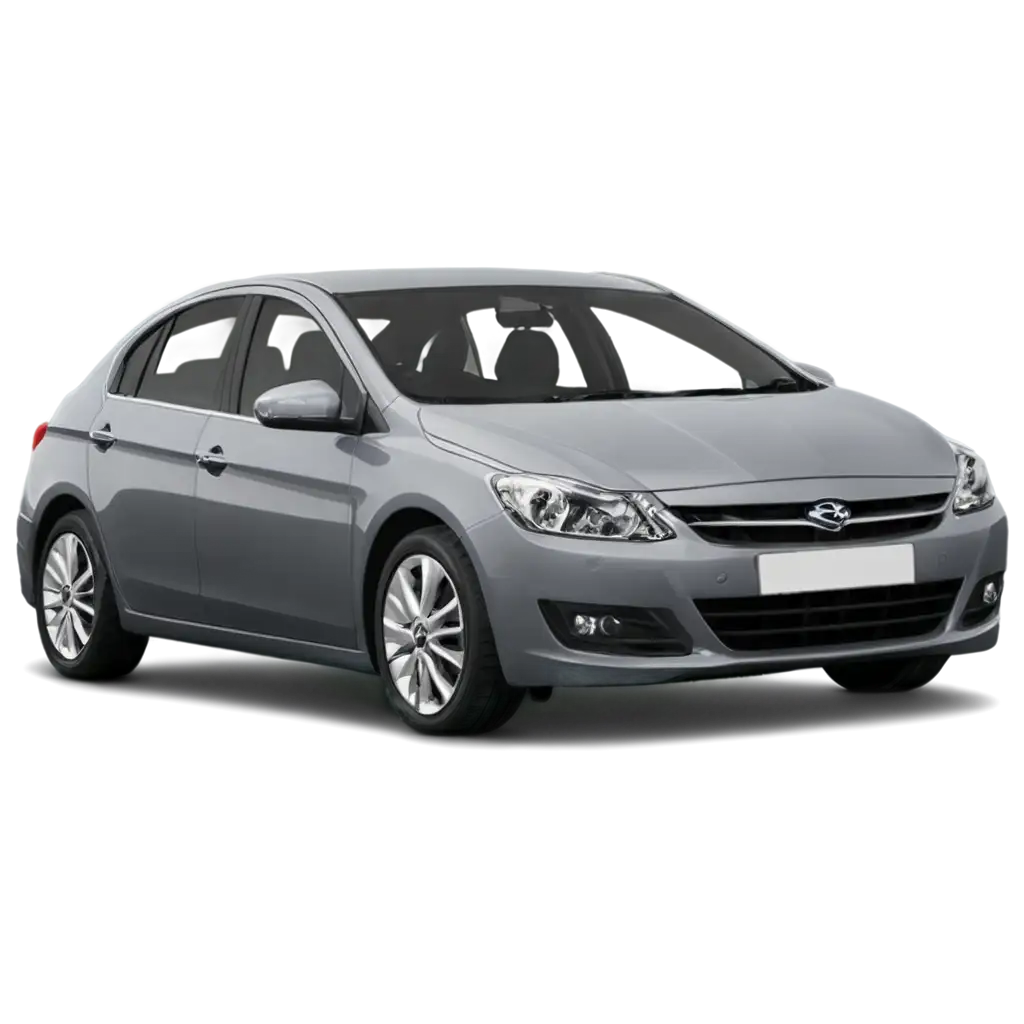
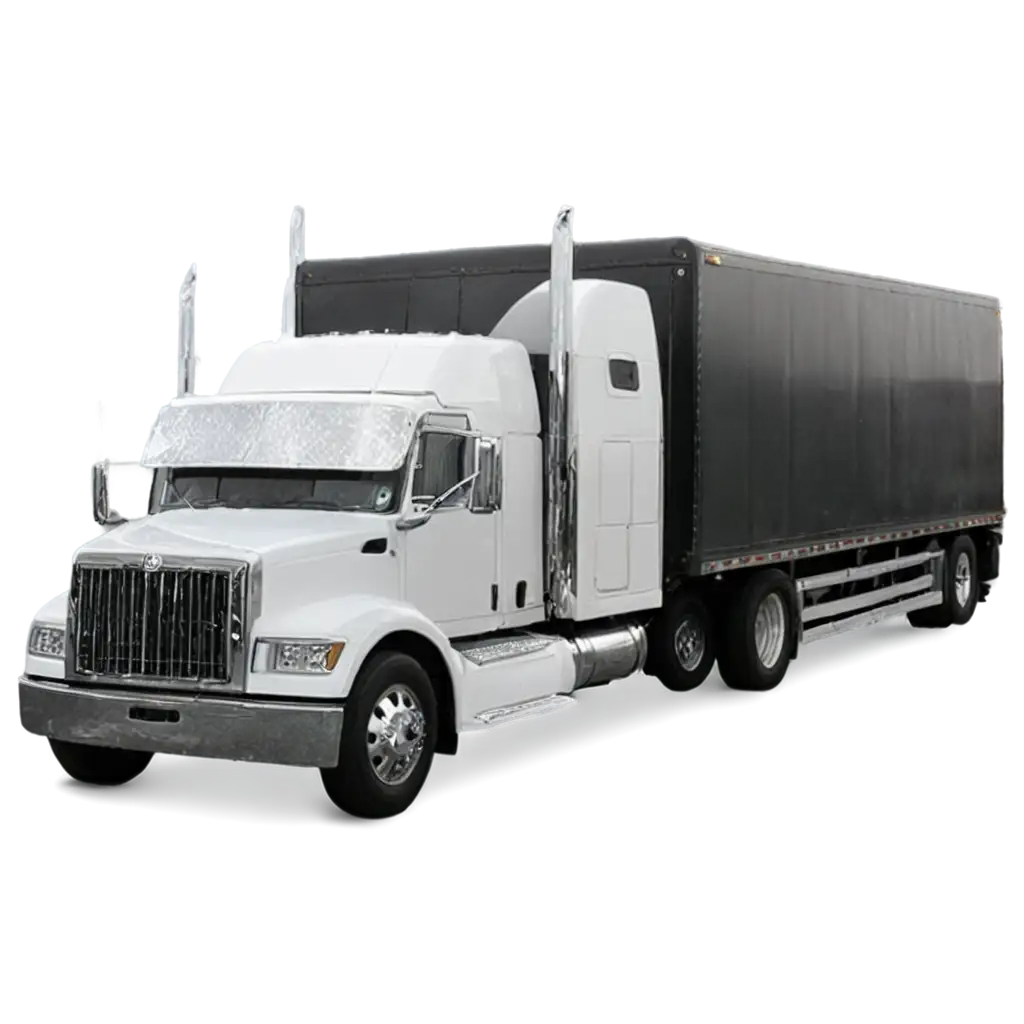

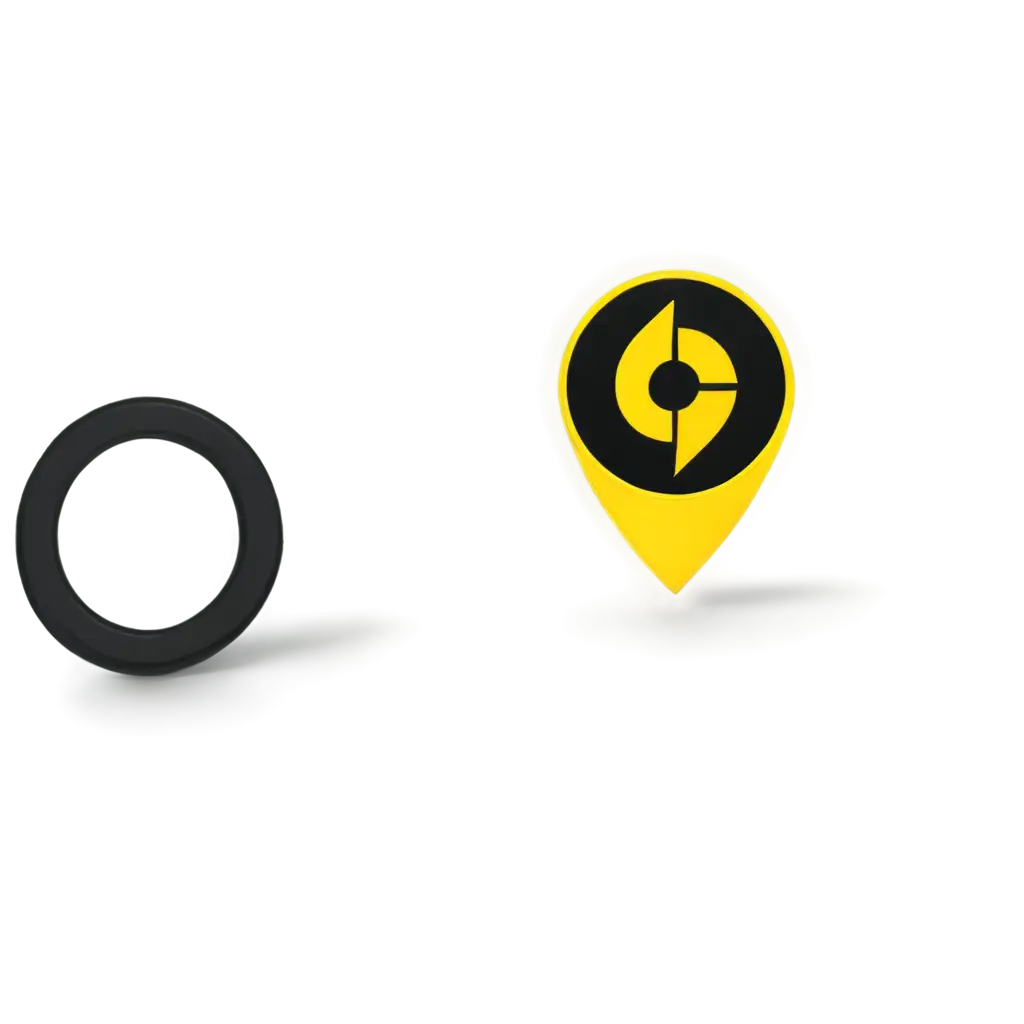
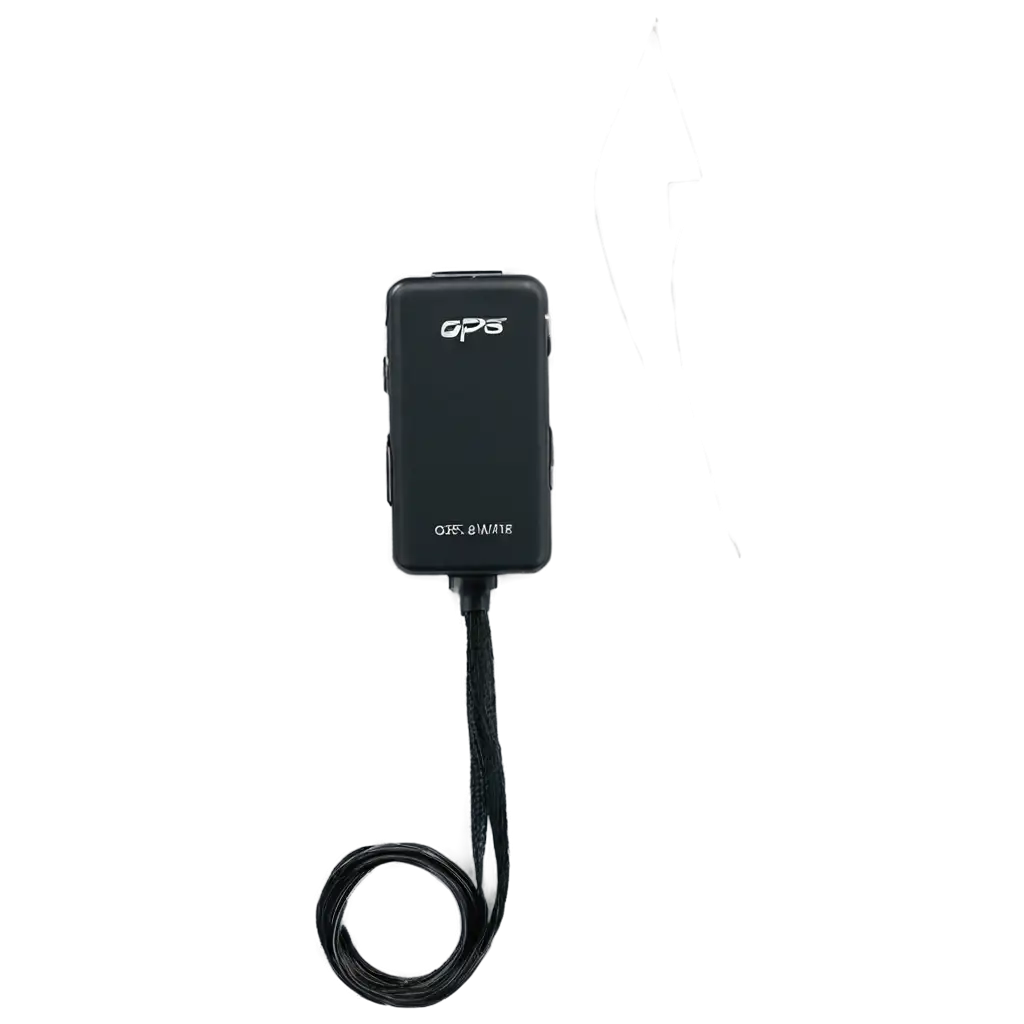
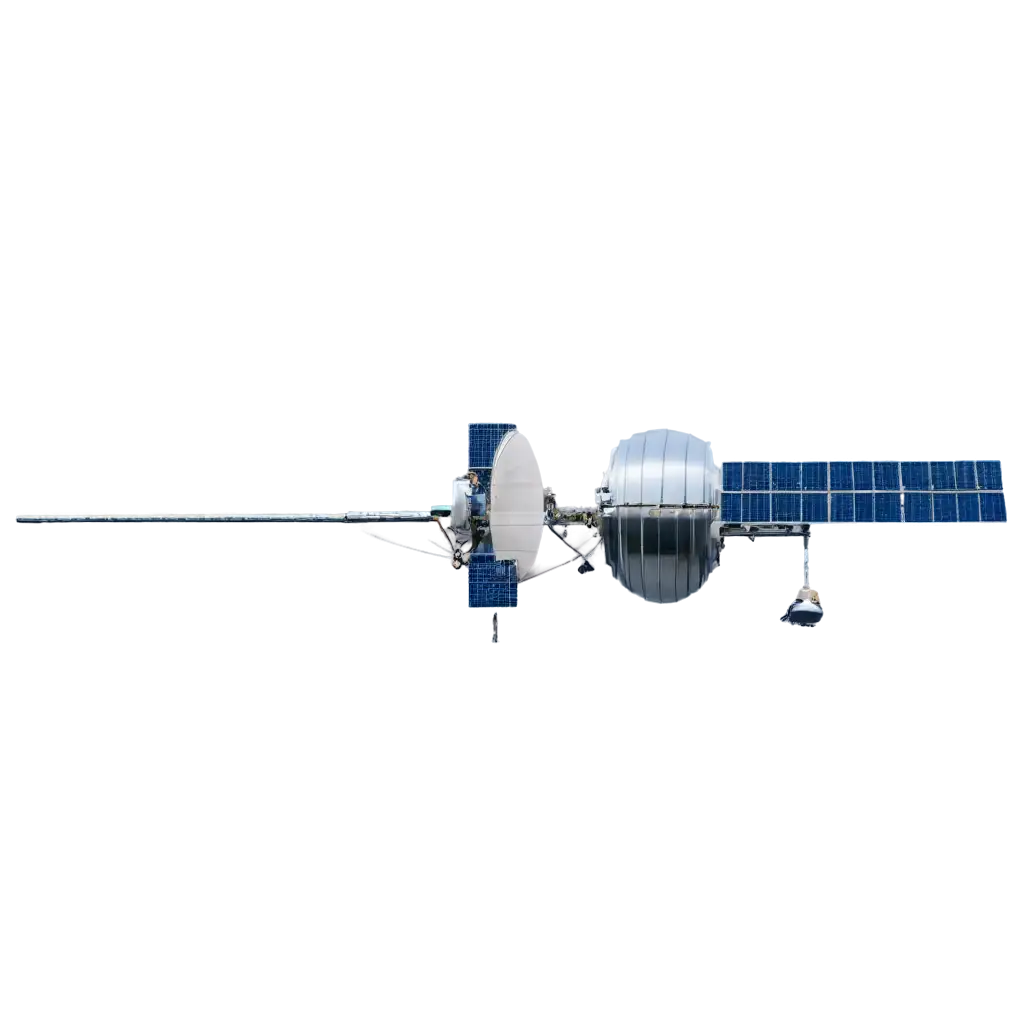
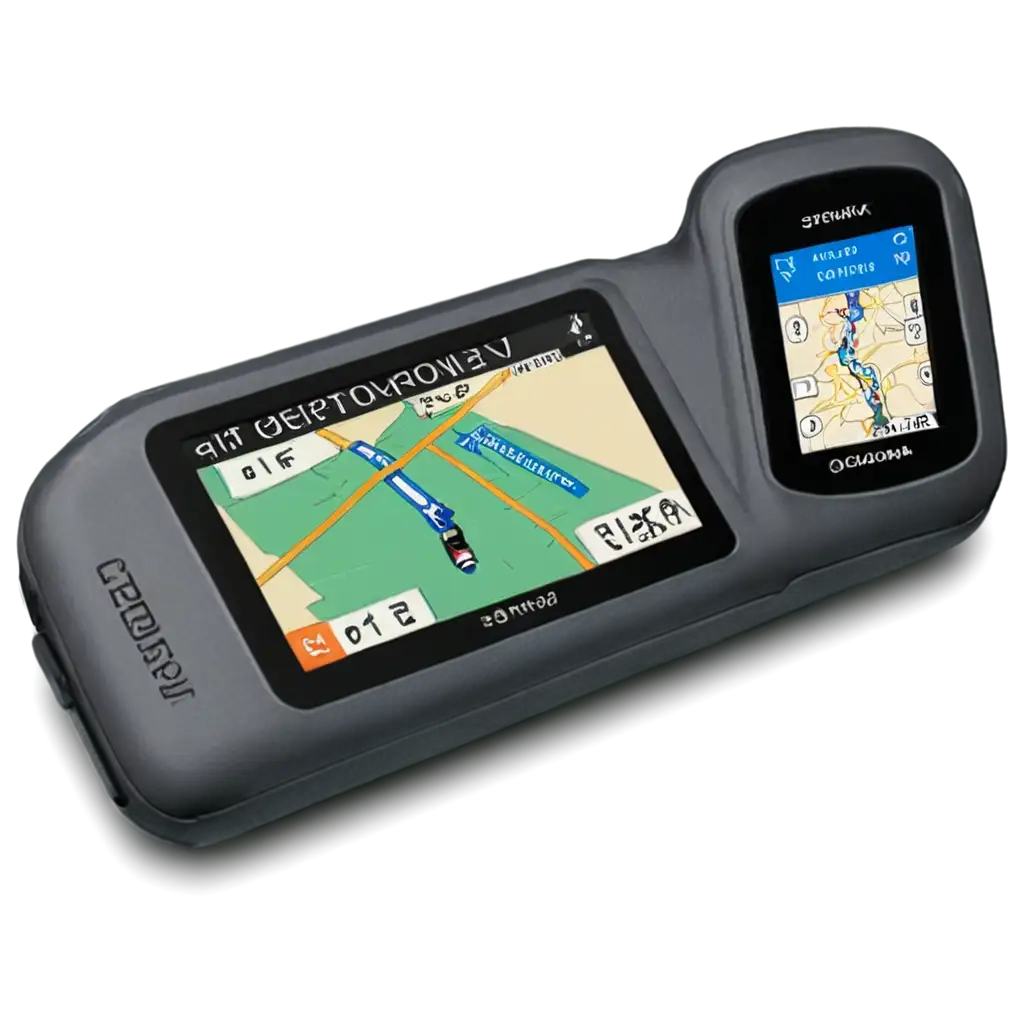
Related Tags
GPS (Global Positioning System) navigation refers to the technology that uses a network of satellites to provide location and time information to GPS receivers on Earth. This technology has revolutionized the way we navigate, plan routes, and find our way around. The origins of GPS can be traced back to the 1970s when the United States military developed the system for military applications. Over the years, GPS technology has become widely adopted for civilian use, powering everything from in-car navigation systems to smartphone apps that guide us to our destinations.
Definition and Background of GPS Navigation
The core components of GPS navigation include the GPS satellites, GPS receivers, and ground control stations. The satellites continuously transmit signals that GPS receivers can use to determine their location, speed, and direction. The ground control stations monitor and maintain the GPS network, ensuring the accuracy and reliability of the system. GPS navigation is characterized by its global coverage, all-weather capabilities, and high precision, making it an indispensable tool for a wide range of applications, from transportation and logistics to outdoor recreation and emergency services.
Key Components and Characteristics of GPS Navigation
GPS navigation has become ubiquitous in modern life, with applications spanning various industries and sectors. In transportation, GPS-powered navigation systems guide drivers, cyclists, and pedestrians to their destinations, providing real-time traffic updates and optimized routing. In the logistics and supply chain industry, GPS tracking helps monitor the location and movement of vehicles, assets, and shipments. Outdoor enthusiasts rely on GPS-enabled devices for hiking, camping, and other recreational activities, allowing them to navigate unfamiliar terrain safely. Emergency responders also utilize GPS technology to quickly locate and respond to incidents, improving overall public safety.
Diverse Applications of GPS Navigation in Modern Life
As technology continues to evolve, the future of GPS navigation promises even more advanced and integrated solutions. Emerging trends include the integration of GPS with other technologies, such as augmented reality (AR) and artificial intelligence (AI), to provide more intuitive and contextual navigation experiences. The rise of autonomous vehicles will also heavily rely on robust GPS navigation systems, ensuring safe and efficient self-driving capabilities. Additionally, the development of new satellite constellations and the increased availability of high-precision GPS signals are expected to enhance the accuracy and reliability of navigation systems, catering to the growing demand for precision in various industries and applications.
The Future of GPS Navigation and Emerging Trends